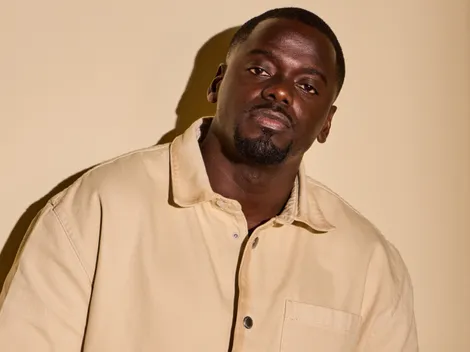The human mind’s capacity for darkness remains an ever-present and potent source of public fixation. This enduring interest in extreme criminal behavior has fueled a vast and popular segment of entertainment.
While fictional television offers dramatized escapism, a deeper, more rigorous understanding of this subject resides in the realm of the documentary. On streaming platforms, a substantial collection of non-fiction work offers an unflinching exploration of genuine criminal minds.
These productions go beyond the typical crime blotter to examine the origins of behavioral analysis, the groundbreaking methods used by the FBI’s elite profilers and the chilling details of cases that have defined forensic psychology.
Mastermind: To Think Like a Killer (Hulu)
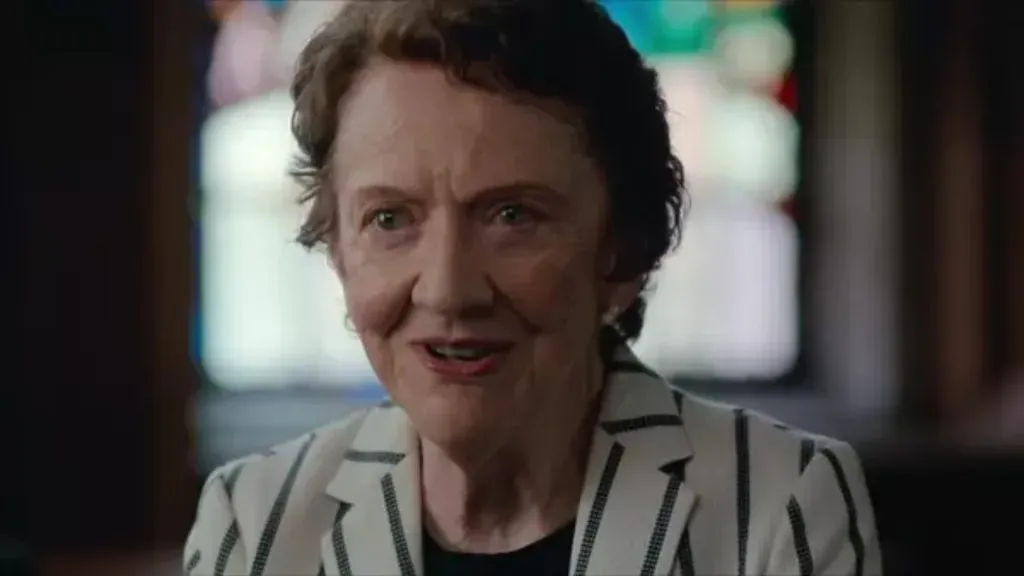
(Source: Hulu)
This series offers what is arguably the most direct non-fiction analogue to the principles of Criminal Minds. It centers on the career of Dr. Ann Burgess, a pioneering psychiatric nurse and professor who began working with the FBI’s nascent Behavioral Science Unit in the late 1970s. The series provides unprecedented access to the woman who helped define the psychological framework of serial-killer profiling, detailing her work with notorious figures like Ed Kemper and Ted Bundy, and showing the real, human-centric approach to understanding the offenders’ pathology.
Conversations with a Killer: The Ted Bundy Tapes / The Jeffrey Dahmer Tapes (Netflix)

(Source: IMDb)
This pair of docu-series offers something uniquely valuable to those interested in the criminal psyche: direct, extensive access to the Unsub’s mind. Constructed using hours of original audio tapes and interviews, these series allow the killers themselves to detail their pathology. It is a stark, unfiltered examination of the disorganized vs. organized killer dichotomy, providing deep, often unsettling insight into the nature of psychopathy and the construction of the criminal fantasy.
I’ll Be Gone in the Dark (Max)

(Source: IMDb)
Based on Michelle McNamara’s celebrated true crime book, this six-part series investigates the decades-long hunt for the Golden State Killer, a case that spanned multiple decades and jurisdictions—a major challenge familiar to any Criminal Minds viewer. The documentary effectively illustrates the importance of persistence in profiling and the evolution of investigative techniques, including the pivotal role of forensic genealogy, a modern tool that has cracked open numerous cold cases that traditional profiling alone could not solve.
Inside the Criminal Mind (Netflix)
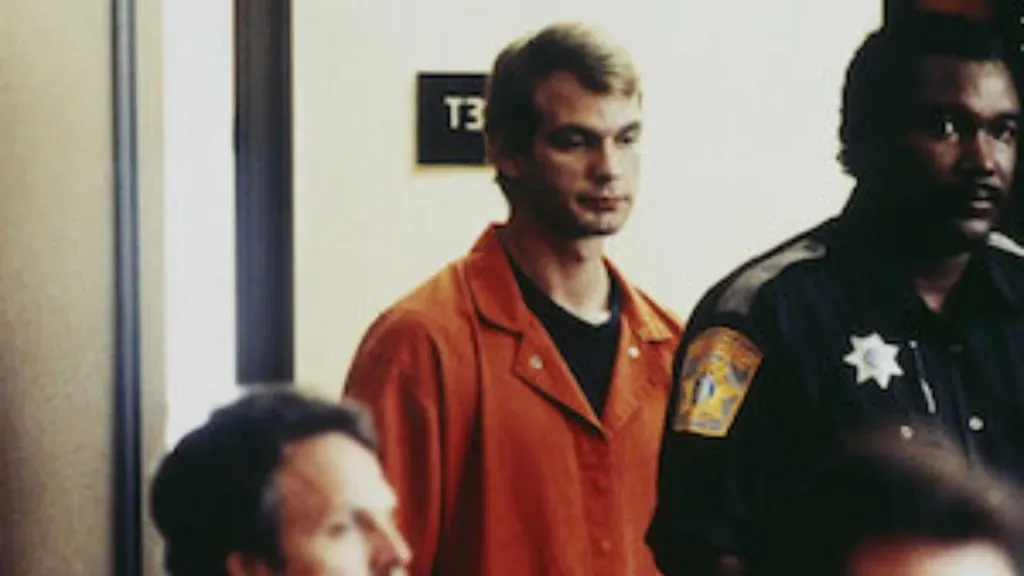
(Source: Netflix)
This docu-series provides a broader, more segmented look at various high-level criminal typologies. While not solely focused on serial killers, it employs expert commentary to dissect the psychological makeup of subjects like Cult Leaders and Crime Lords. The series is valuable because it expands the definition of the “criminal mind” beyond a single type of offender, using cognitive profiles created by world-leading experts to explain the psychological machinations that drive different categories of organized crime and violence.
The Jinx: The Life and Deaths of Robert Durst (Max)

(Source: IMDb)
This groundbreaking HBO series delves into the baffling case of real estate scion Robert Durst, suspected in a series of crimes that span over 30 years. It provides a masterclass in how an extensive, sustained investigation—by both filmmakers and law enforcement—can eventually pierce the facade of a highly intelligent, elusive, and protected subject. The documentary is a study in deception, long-term case profiling, and features a highly revealing extended interview with Durst himself.
Unabomber: In His Own Words (Netflix)
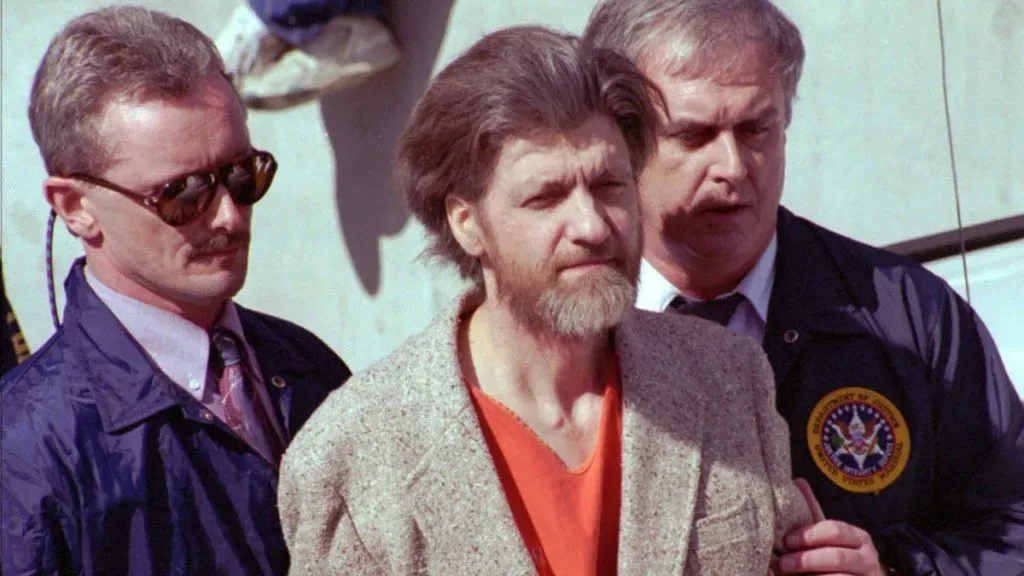
(Source: IMDb)
Focusing on the case of Ted Kaczynski, this series explores the hunt for an unsub whose profile was based almost entirely on written word and manifesto analysis. The documentary details how Kaczynski’s high intelligence and isolation fueled a decades-long terror campaign, and how the FBI’s pursuit was ultimately solved by an analysis of his unique language and psychological devolution, providing a blueprint for intellectual and motive-based profiling.
The Confession Tapes (Netflix)

(Source: IMDb)
This docu-series is invaluable for providing a look behind the curtain of the BAU’s core activity: the interrogation. It investigates cases in which individuals convicted of murder claim their confessions were coerced, involuntary, or entirely false. By featuring experts on false confessions, criminal law, and interrogation psychology, the series serves as a critical examination of the very methods of the investigative process and the psychological pressure points that can compromise justice.
Night Stalker: The Hunt for a Serial Killer (Netflix)
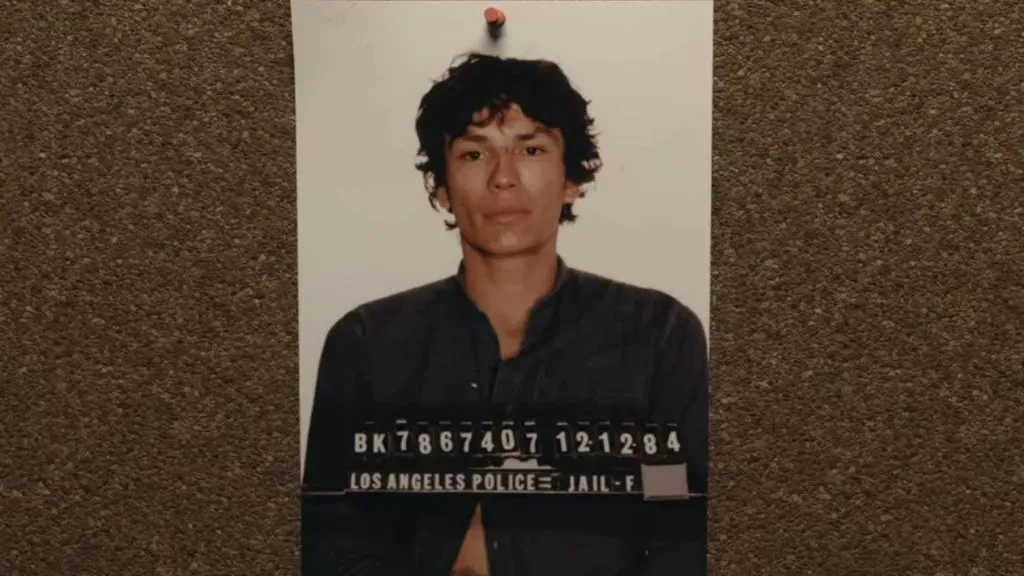
(Source: IMDb)
This four-part docuseries focuses on the intense 1985 hunt for Richard Ramirez in Los Angeles and San Francisco. The narrative follows the two detectives who struggled to build a profile of a killer who did not follow a pattern in his modus operandi or victimology. The series highlights the extreme pressure and collaborative effort required by investigators to solve high-profile, seemingly random serial crimes.
The Iceman Tapes: Conversations with a Killer (Max)
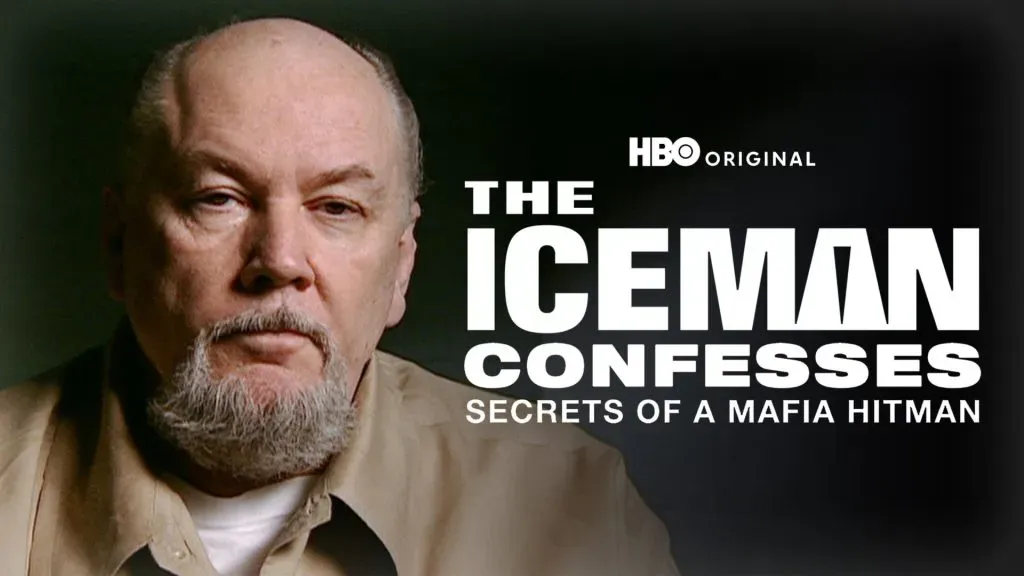
(Source: HBO Max)
This classic documentary is a piece of raw, indispensable criminal psychology. It consists primarily of chilling interviews with Richard Kuklinski, a contract killer and sociopath who claimed to have murdered over 200 people. The focus here is not the search, but a direct, unsettling dive into the mindset of a predator with zero remorse, offering a clinical study of the pathological detachment central to behavioral profiling.




